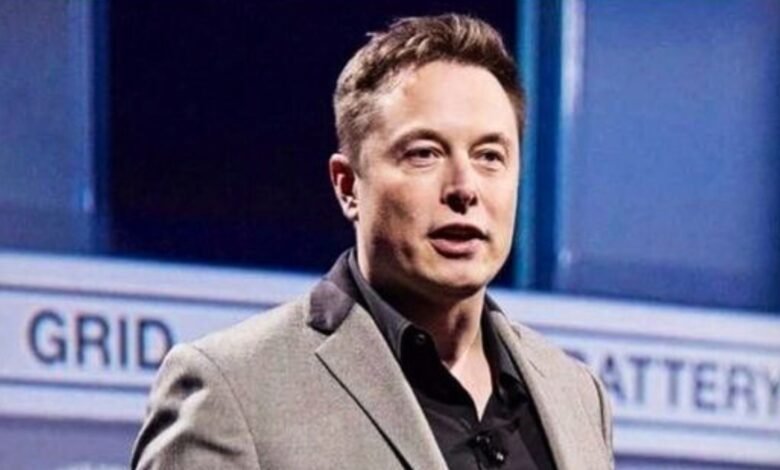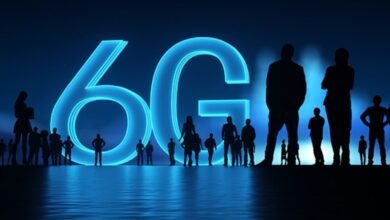Elon Musk Confirms First Successful Human Implantation of Neuralink Brain Chip
Tesla CEO Elon Musk announces a significant step forward in the development of brain-computer interface technology, with the successful implantation of a Neuralink brain chip in a human recipient.

In a tweet on Monday, Elon Musk shared that the groundbreaking surgery took place the previous day, and the patient is “recovering well.” This development signifies a potential breakthrough for individuals dealing with conditions such as paralysis, as Neuralink aims to enable interaction with surroundings through advanced brain-computer interfaces.
Musk refrained from revealing specific details about the patient but highlighted that the individual’s condition was relevant to Neuralink’s initial call for trial participants, which focused on those suffering from quadriplegia.
The entrepreneur also mentioned promising early results in “neuron spike detection,” indicating that the Neuralink device is capable of discerning signals from individual neurons within the brain. While the precise number of neurons detected was not disclosed, this achievement suggests a significant advancement in decoding high-quality brain signals.
Despite the positive update, Elon Musk and Neuralink did not provide detailed safety and efficacy data required to thoroughly assess the success of the implant, according to researchers.
Neuralink faces competition from other brain-computer interface companies. Rival startup Synchron has developed a stent-like device positioned inside the jugular vein atop the patient’s brain, distinguishing itself from Neuralink’s brain tissue implant. Precision Neuroscience, another contender, has temporarily implanted its microelectrode array in six patients for data capture purposes.
Blackrock Neurotech, with its proven track record, boasts an older device safely implanted in numerous patients, enabling them to perform tasks like eating, sending emails, and operating robotic arms through thought.
Established in 2016, Neuralink was last valued at $3.5 billion after a November equity financing round, as reported by data provider PitchBook. The company’s ambitious project, referred to as “Telepathy,” aims to facilitate smartphone or computer control through thought processes, as demonstrated in videos featuring monkeys implanted with the device playing Pong and moving a cursor.
The Neuralink implant comprises a quarter-size chip embedded in the skull, accompanied by dozens of tiny threadlike electrodes inserted directly into the brain. The challenge ahead lies in understanding how the implanted brain will respond to these threads over time, as the potential growth of tissue around them could degrade the captured electrical signals.
Completing the first surgery within six months of announcing trial recruitment showcases Neuralink’s agility and the evident demand for its innovative product. Jacob Robinson, founder and CEO of Motif Neurotech, sees this accomplishment as a validation of the growing interest and demand for neurotechnology. His own company is developing a brain implant to aid in the treatment of depression.







